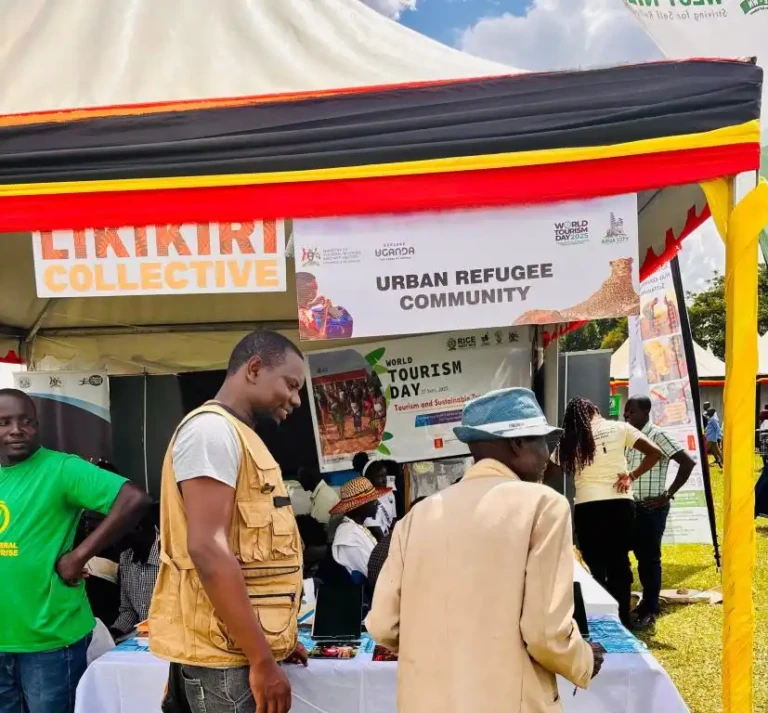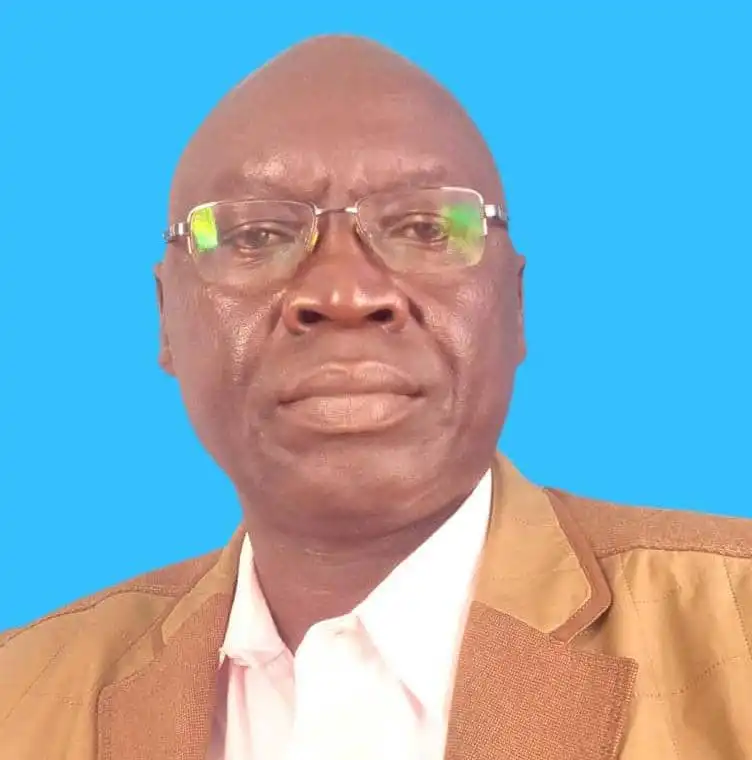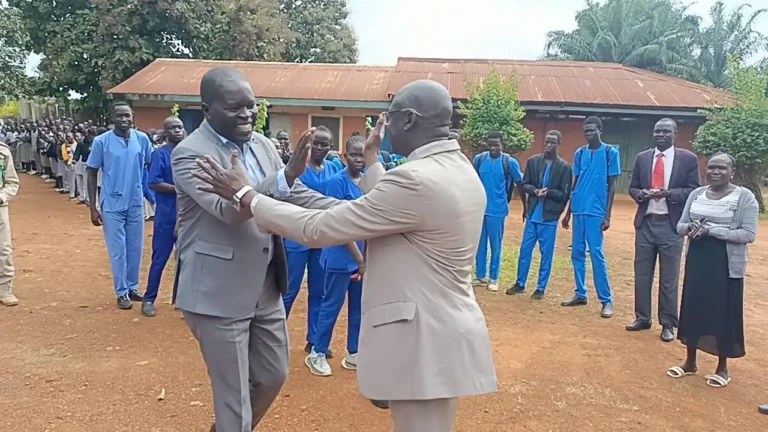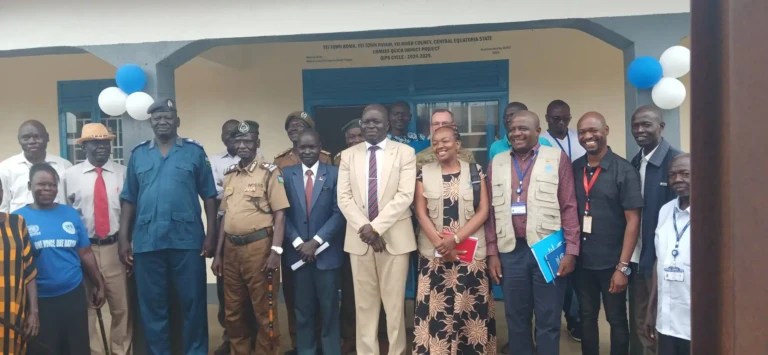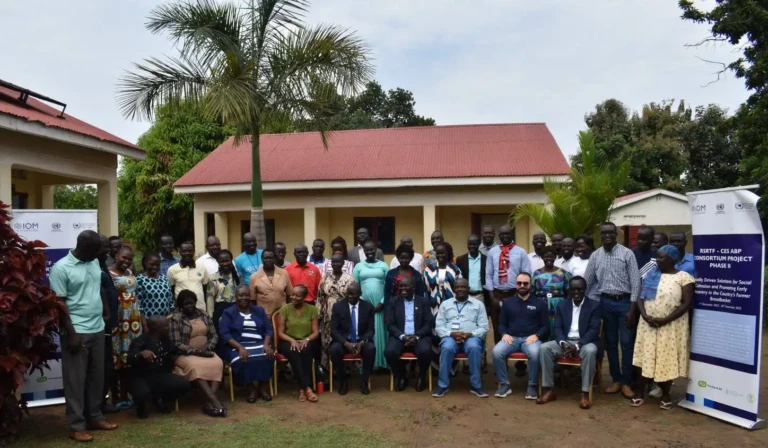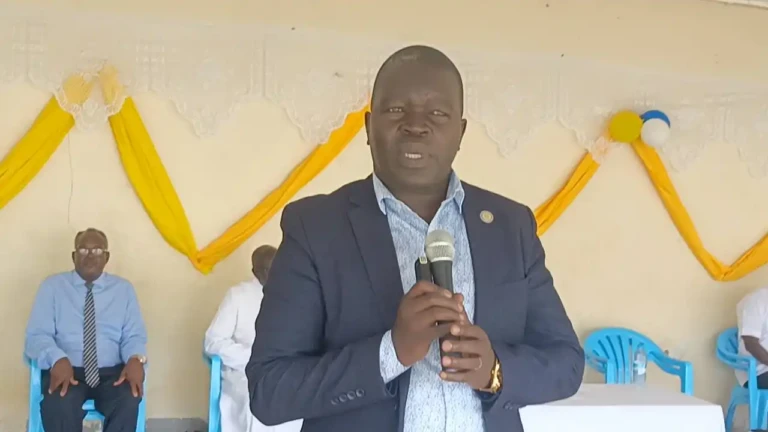
(LEROS, GREECE) – A South Sudanese refugee from Malakal, once a successful merchant, is now grieving in a refugee camp on the Greek island of Leros after losing his son during a perilous sea crossing from Turkey.
His experience reflects the tragic risks faced by displaced families fleeing persecution and violence in South Sudan.
Sistnol Michael, a father of three, fled his hometown of Malakal due to what he described as repeated arrests and harassment by state authorities. Though uninvolved in politics, he said his tribal affiliation led to his frequent detention.
“Anyone from my tribe would be arrested if they joined the rebellion,” he said during a video call from Greece.
Michael initially escaped to Khartoum, but concerns about safety forced him to relocate again. In 2019, he registered as a refugee in Uganda and settled in Entebbe near Kampala. While his business continued, so did the threats. He was injured in a serious motorcycle accident and later filed four reports with the United Nations, hoping for protection, but said it never came.
Fearing for his life, Michael returned to Juba briefly to apply for a visa from the Turkish Embassy. He hid in a hotel for three days until his application was processed, living in fear throughout.
“I didn’t show my face to anyone,” he recalled.
After obtaining a visa, he travelled to Turkey with hopes of reaching Europe. But safety proved elusive. In Turkey, Michael and his family faced harassment and arrests from the local police. They were taken to a detention and immigration centre, known locally as “Avanci.”
There, a fellow African migrant advised him to try the sea route to Greece. After securing a taxi through contacts, Michael and his family boarded a boat. After five hours at sea, they were intercepted by armed men he believed were coast guards.
“They took our phones, said Turkish forces were on the way, then threw our boat’s engine into the water and left us drifting,” he said.
As panic grew on the boat, Michael tried to call for help using the phone of a disabled woman. Eventually, Turkish coast guards arrived and detained them. Michael’s family was released a week later due to his wife’s pregnancy, but after she gave birth, they were detained again.
Six months later, they made another attempt to cross. This time, they got close to the Greek coast. But a Greek patrol boat approached, and many on board, fearing being turned back, jumped into the sea.
“I was holding my daughters between my legs, my son next to me,” Michael said.
After losing consciousness briefly during the chaos, he pulled his daughters and wife from the water, but his son had vanished.
Authorities on the island, as well as UN officials and local police, were informed of the disappearance. DNA samples were taken from Michael and his wife in hopes of identifying his son.
“I pray every day to find my son,” he said, still holding hope.
Days later, however, Michael received devastating confirmation. His son’s body had been found near the Turkish coast. The grief overwhelmed him.
“If I could go back in time, I would never have travelled with my family,” he said through tears.
South Sudan’s civil conflict and political instability have forced millions of people to flee the country in search of safety, with many undertaking dangerous routes through North Africa, the Middle East and into Europe.
Michael’s story is one of many that highlight the human cost of forced migration and the risks that South Sudanese and other refugees face.
According to international migration agencies, the Aegean Sea remains one of the most perilous routes for migrants attempting to enter Europe. Boats often capsize or are left stranded, leading to injury, imprisonment, or even death.
Michael now lives in a refugee camp on Leros with the remaining members of his family, hoping for resettlement in another country.
“For the sake of my children and our lives, I hope someone helps us,” he said.
Discover more from Access Radio Yei News
Subscribe to get the latest posts sent to your email.

